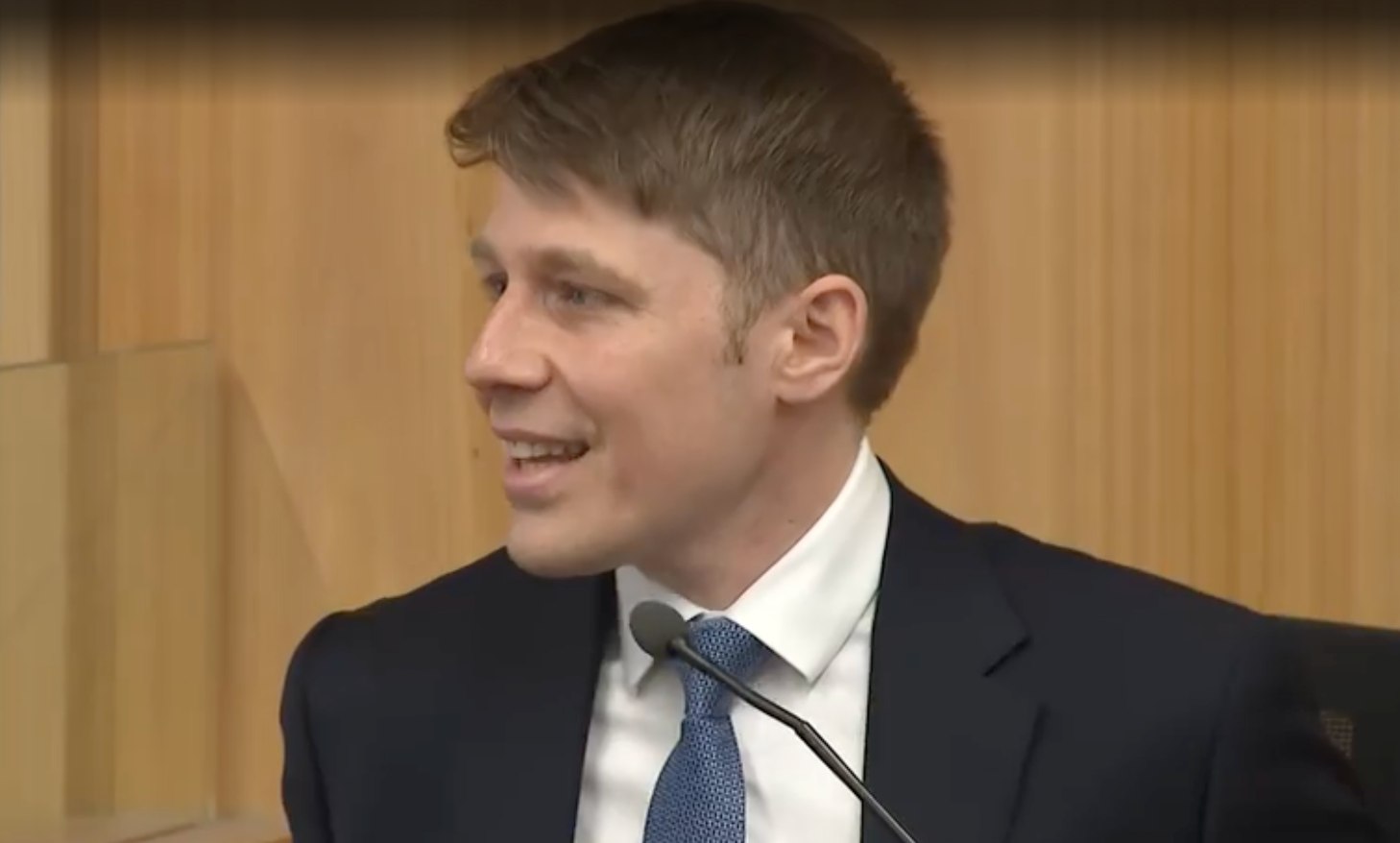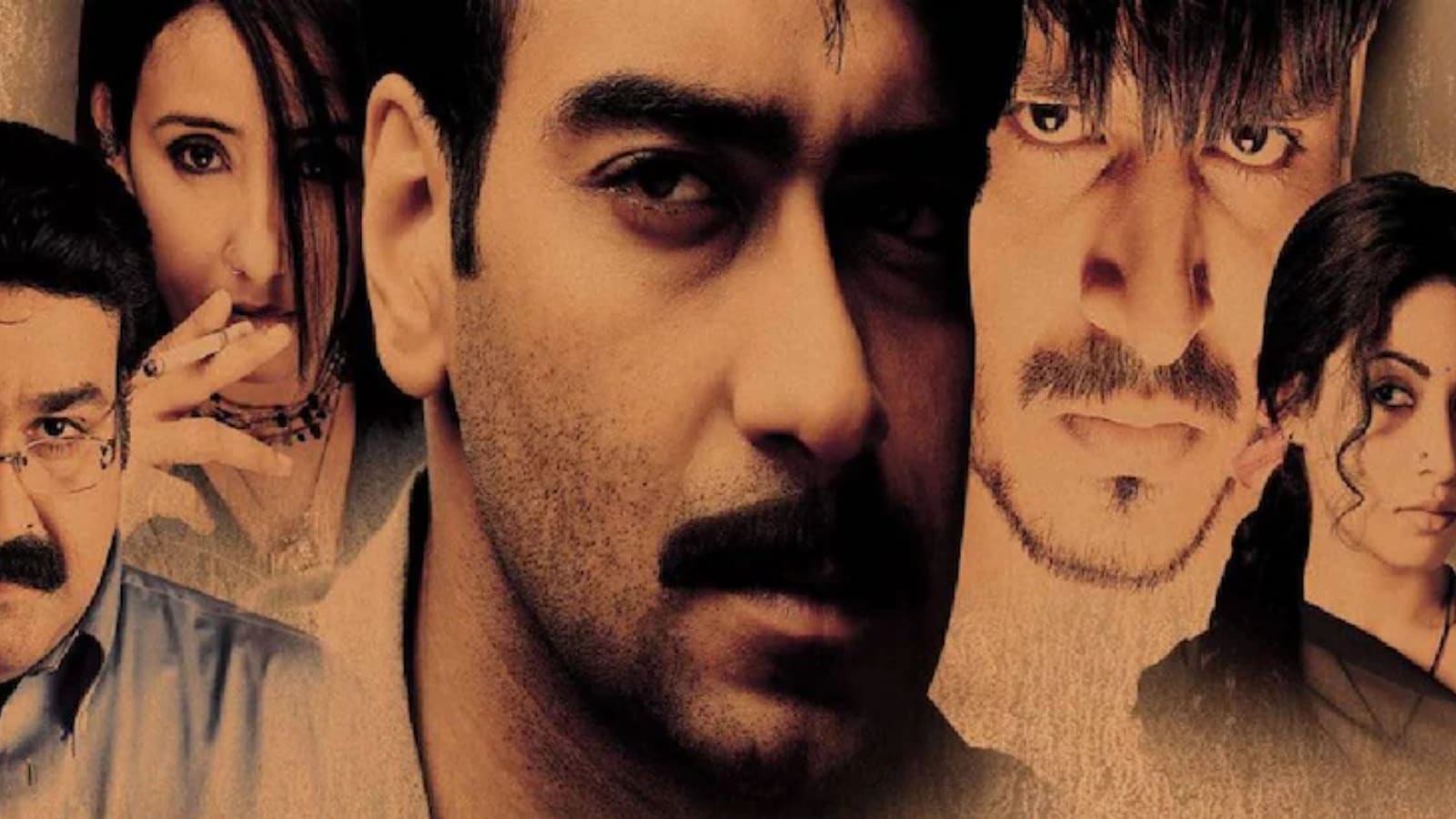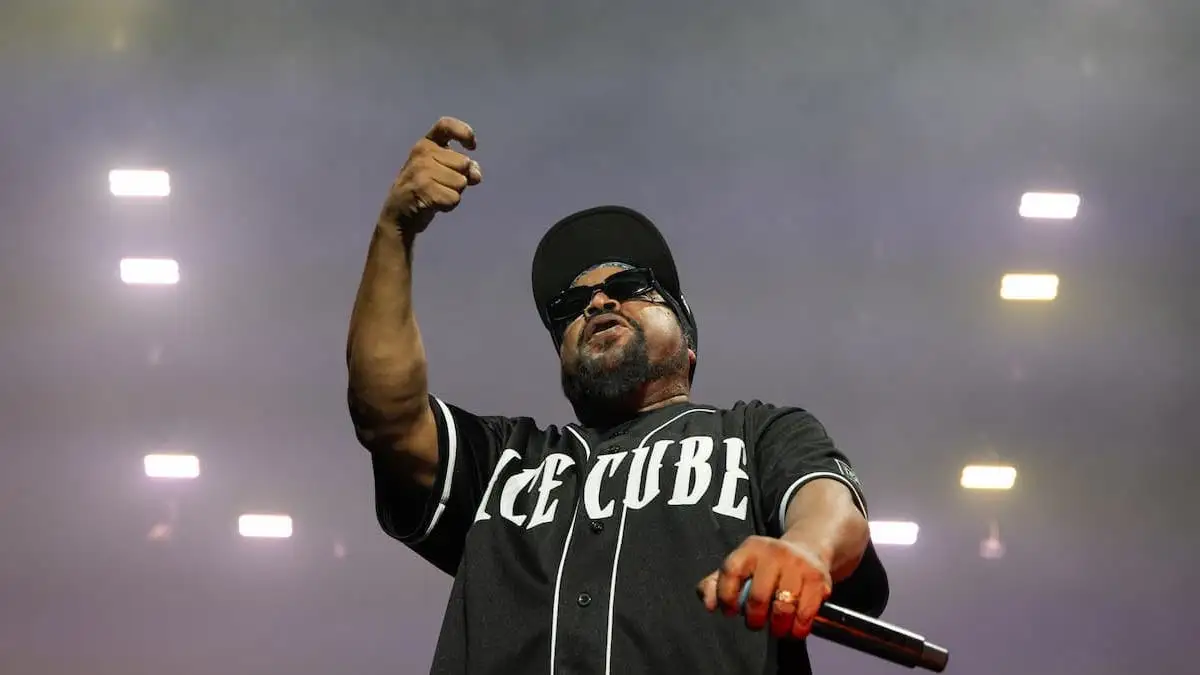Copyright newsroom

MediaRoom column: Few journalists have provoked the degree of personal, professional and legal reaction to their stories as TVNZ’s Thomas Mead over his reporting on safety and injury issues at food processor Talley’s. The firm accuses him of a “hit piece”, saying the allegations of unsafe machinery, worker fears, cheating of injury entitlements and lying by management were false, from uninformed sources and damaged the company and its people. It has not sought damages but wants a court declaration it was defamed, and possibly to retrieve substantial legal costs. Mead was sued personally by Talley’s, alongside his employer TVNZ, in a relatively rare instance of a journalist being individually targeted legally in response to news reporting. He was cross-examined across two days but sat in the public gallery in the High Court at Auckland for almost every session of the four-and-a-half weeks of hearings of Talley’s high stakes defamation case against the public broadcaster. He was wrapped around by a rotating support crew of colleagues or ex-colleagues from the 1News newsroom, including Jack Tame, Barbara Dreaver and Christchurch colleague Lisa Davies. From the TVNZ executive floor, chief executive Jodi O’Donnell was there alongside Mead at least weekly. The TVNZers were close by in the gallery and the lobbies with a regular posse of Talley’s managers, including founding family member Andrew Talley. As the parties eyeballed each other in courtroom 1, Mead’s stories, and 1News’ presentation of them, were dissected in a way reserved only for defamation actions in the hands of Kings Counsel and teams of back-up lawyers. And it got personal, with consistent allegations from the Talley’s side that Mead himself had it in for their company. That theme became stronger, if anything, as the Talley’s legal team reached its climax with a 240-page closing submission to Justice Pheroze Jagose, who reserved his decision. In effect, Mead became Journalist Enemy No 1. Mead is a relatively properly spoken, slight and earnest figure who defended his 2021-2022 stories calmly, saying they were borne out by facts and from well-placed sources whose information had been verified over months of work. He saw his role as giving voice to fearful individuals and speaking truth to power. He stoutly protected his guarantee of anonymity to some sources. “In 13 years in this job, I never saw anything like the fear that I saw than when reporting on the Talley’s.” Mead is not new to controversy, or to big stories. In 2019, he earned high praise for what was remarkable breaking news coverage of the March 15 terror attacks on two mosques in Christchurch, when he worked for TV3. In 2023, Mead was named reporter of the year at the NZTV awards. He thanked those who’d trusted him with their stories, saying on social media: “It’s such an honour to do this job. It carries a heavy responsibility as we often meet people at some of the most vulnerable moments of their lives. “This year, that included children who were badly bullied at school, people who lost everything to Cyclone Gabrielle, and the survivors of the Mama Hooch drink spiking case in Christchurch. It’s their courage that should be remembered. To all those who have ever trusted me with their stories, thank you. This is for you.” In 2024, he was the subject of a foul-mouthed, hot mic moment by the Crusaders rugby coach Rob Penney. 1News reported Penney described Mead as a “disgrace” and a “c**t” after a line of questioning that the first-year coach in the middle of a run of poor performances apparently disagreed with. The Crusaders subsequently apologised. In this latest case, Talley’s closing submission claimed “concerning practices emerge” in Mead’s reporting. It listed misrepresentation of quotes, a careless approach to record-keeping and a failure to sufficiently engage with material that challenges the narrative condemning the plaintiffs. “Another relevant factor is that the plaintiffs were given limited time to respond to the allegations, and that those responses were not presented in the balanced manner.” Criticising TVNZ’s decision not to provide any redacted notes or transcripts of interviews with anonymous sources, Talley’s said: “Ultimately all the court has to rely on is Mr Mead’s word. “The defence comes down to ‘trust me, I’m a journalist’. “In the context of the seriousness of the allegations being raised, this cannot be enough,” adding later in the submission: “Putting it colloquially, the foxes cannot be left to guard the henhouse.” Then the lawyers directed some real intensity at Mead personally, saying the court heard evidence of the “personal prejudices that ultimately motivated the reporting. “This apparent antagonism towards the Talley’s family and business is what apparently coloured Mr Mead’s approach to his reporting. “Mr Mead showed an inherent distrust of material supportive of Talley’s narrative, even when that material came from independent auditors or regulators. “This reporting showed a pattern of failing to engage substantively with responses provided from the plaintiffs [Talley’s] in respect of the reporting. This eventually led to the lack of balance and fairness that we see in the final reporting.” “Rather than being motivated to report on the truth, Mr Mead showed a political motivation. The documents suggest that Mr Mead’s focus was on the Talley’s family and their wealth, indicated by references to the cars the family drive, the size of their properties and the motivation to film members of the family. “This was a personal attack on the character of the Talley’s family by the ‘baby-faced assassin’.” It went on: “Given the poor habits that we see emerging in Mr Mead’s reporting, his word is not enough for us to be satisfied that anything he cites back to [two sources] actually came from them in fact.” Repeating evidence from notes Mead took after a discussion with his news chief, the closing submission says he wrote “Track them [the Talley’s] down. Put pressure on for an interview”, and “Film their houses”. “This is, again indicative of the kind of animus that Mr Mead appeared to have on the Talley’s family.” Until the last stanzas of the case, the party that took journalistic scrutiny personally, turned that personal scrutiny back, with interest. TVNZ and Mead’s lawyers in their own closing submission focused on broad legal issues and defences, and devoted little time to defending the journalist’s honour. “In cross-examination of the defendants’ witnesses, it was also suggested that Mr Mead was biased against the plaintiffs and that his reporting was motivated by that bias. “Those allegations are denied. They have no factual foundation. The internal correspondence referred to by the plaintiffs in this respect simply do not show any bias. It is benign. “However, malice or bias on behalf of a defendant is, on its own, not relevant to the defence. In [a notable defamation case] Durie, the Court of Appeal observed that a person who is motivated by malice or bias can nonetheless act responsibly when publishing the reporting sued on.” In another section, TVNZ’s submission dismissed the Mead bias allegation. “Any allegation to that effect must be disregarded. It has no factual, or legal, foundation. As far as the internal banter goes, references to Mr Mead, who has a youthful appearance, as the ‘baby-faced assassin’ is remarkable only because it is tame compared to most office communications.” In court, TVNZ and Mead’s lawyer Davey Salmon KC, made that same point, suggesting no one in the courtroom – “other than perhaps at the northeast end of the room”, where the judge was seated – “has text messages that pass that test with anyone they work with”. Mead has been supported keenly by TVNZ throughout, while the investigation was underway and after the stories were broadcast – and through the process of the legal action and hearings. If Talley’s does succeed in showing it suffered pecuniary loss, and that the claims were defamatory, caused it harm and were not defensible with a claim of the truth, Mead is not facing making a financial contribution if a costs award is made. TVNZ says it has and will continue to fund all litigation costs. As for the reporter, after years of defending his reporting and scores of hours in the Auckland courtroom watching his work pulled apart, he is now taking time off with his young South Island family.



